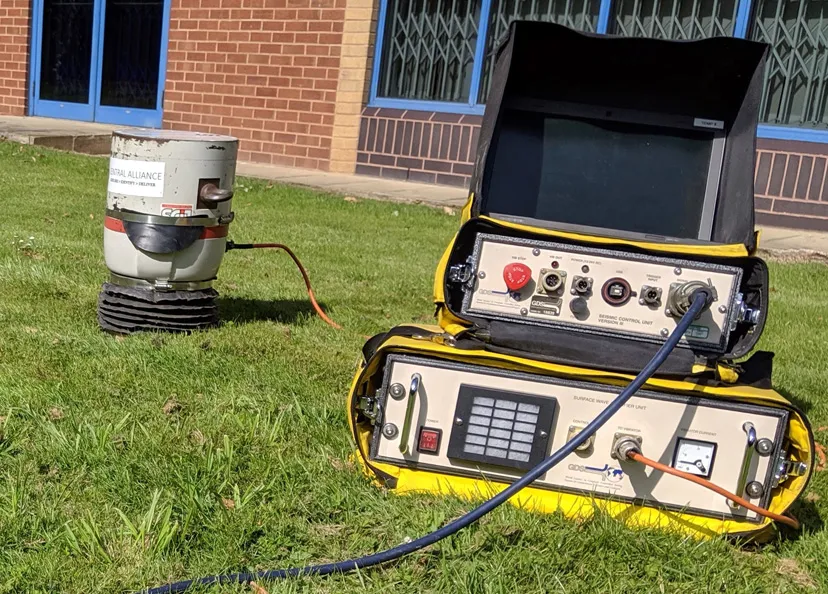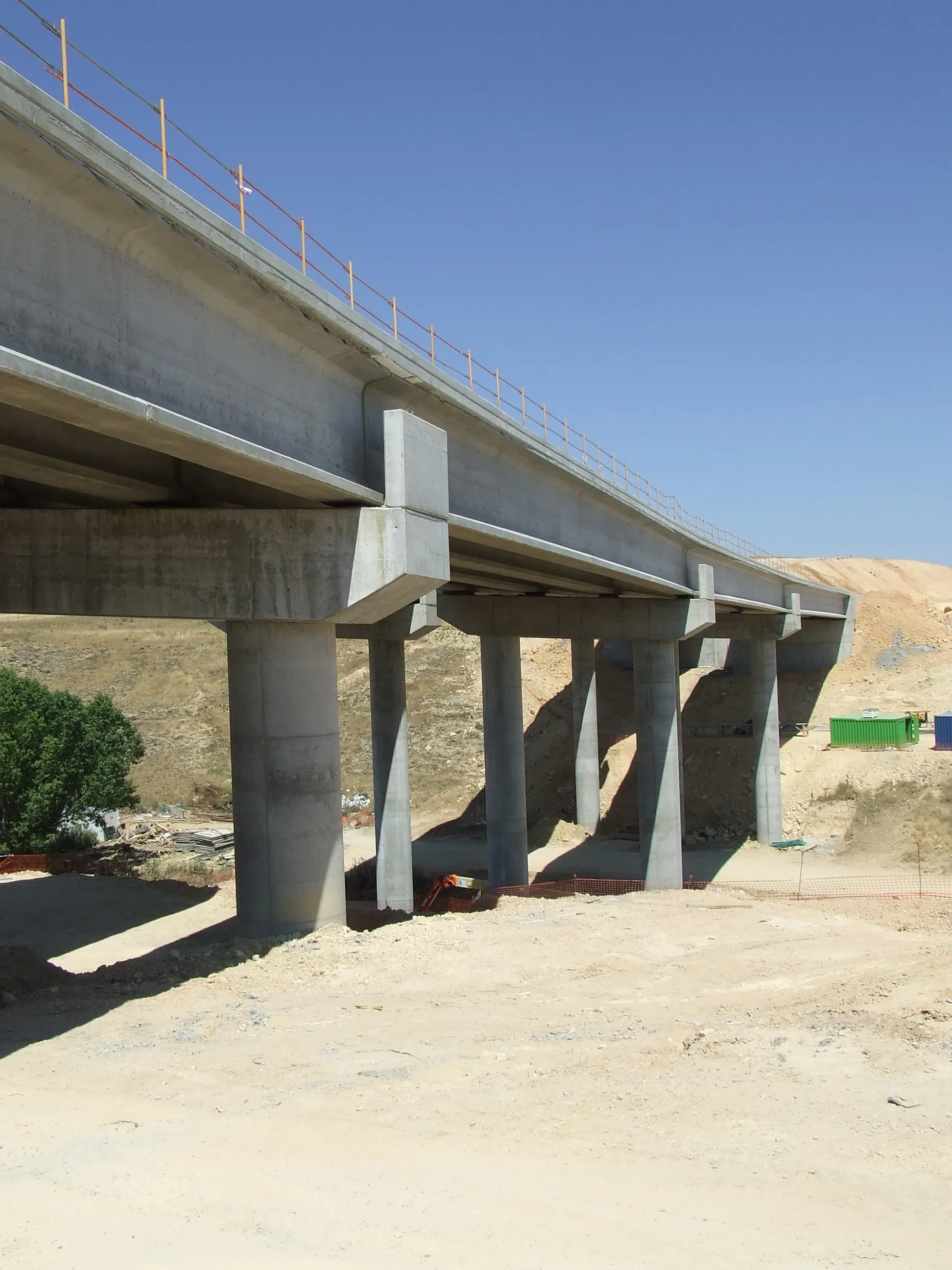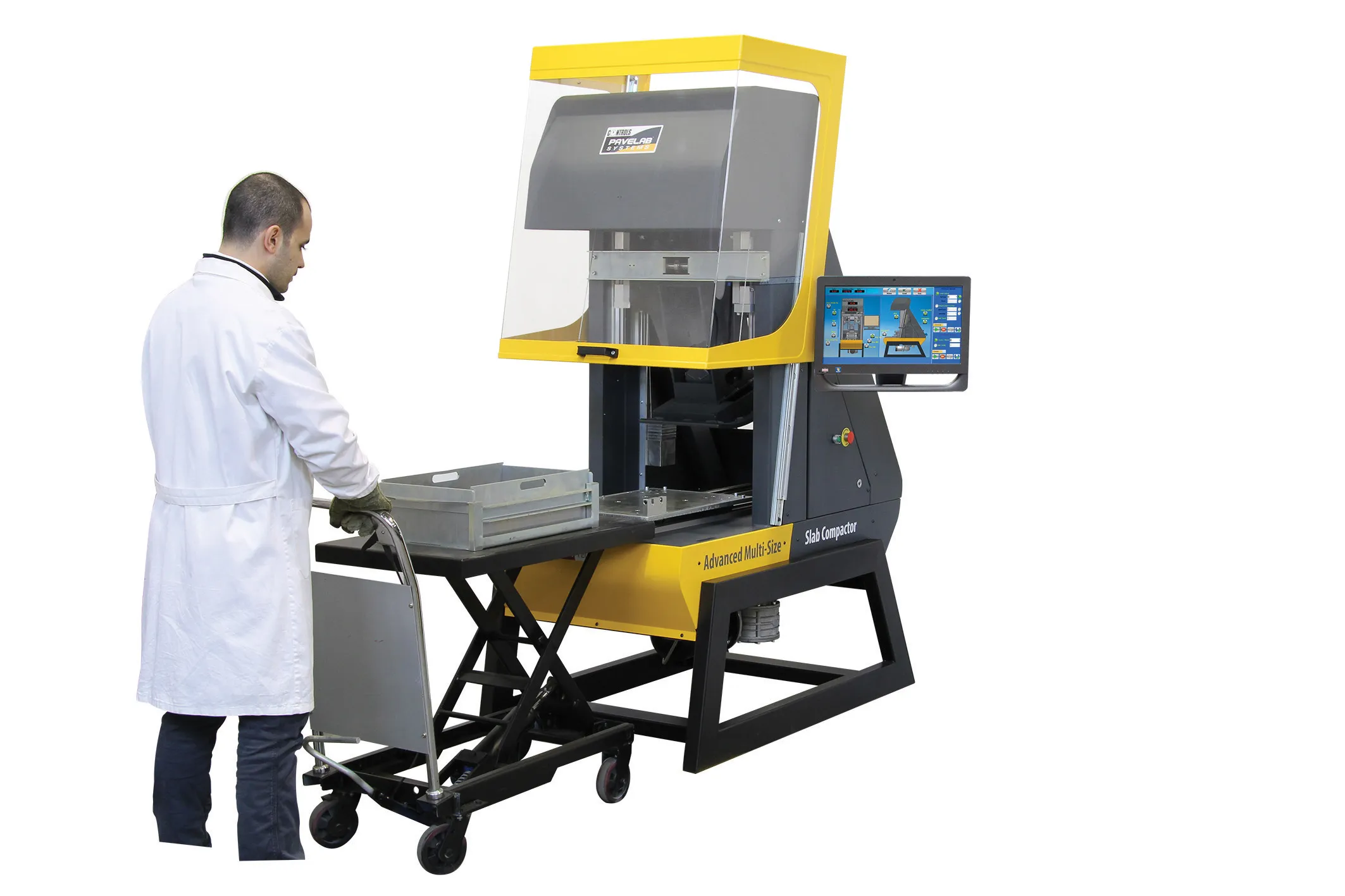
Part of the RSK Group, Central Alliance says that its CSW system uses a vibrator with an operating range of 5-100Hz to produce surface waves. These propagate across the ground surface and the waves are detected by a system of geophones and software, then analysed to provide a profile comparing stiffness and depth profile. If required, office-based post-processing can provide shear wave velocity profiles, and mechanical properties of the ground such as shear modulus and elastic (Young’s) modulus.
CSW testing brings a number of benefits to all Ground Investigation (GI) contractors as it offers consultants a non-intrusive, portable and economic depth-profiling solution, compared with conventional ground profiling.
Central Alliance’s CSW testing provision provides depth profiling up to 30m. It is also claimed to deliver rapid results. Automated test software allows customisable testing for areas of interest and the equipment is lightweight and portable.








